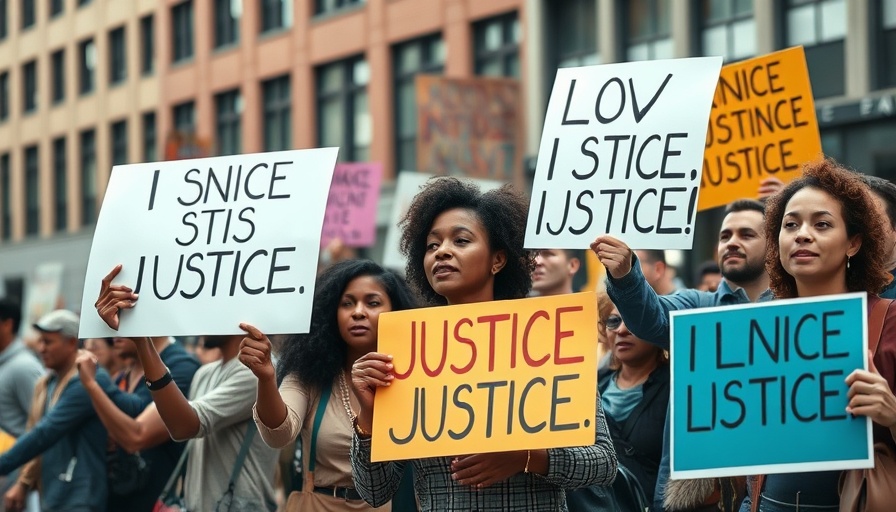
Seattle Police Monitor’s Ethical Quandaries: A Close Examination
The intertwining of law enforcement oversight and accountability has been a contentious issue in the realm of public safety, especially in Seattle where the federal monitor Antonio Oftelie interacts closely with the Seattle Police Department (SPD). Recently uncovered communications between Oftelie and police officials raise serious questions about the impartiality expected from a role designed to enforce accountability. Messages released through Prism reveal a backchannel of dialogue that seemingly undermines the independence required for effective police reform.
Backchannel Communications: Red Flags for Oversight
Documents obtained by Prism indicate that from July 2020 to November 2021, Oftelie engaged in discussions with top SPD executives, including sensitive topics related to policing tactics and budgeting. This level of coordination can create an appearance of collusion rather than an objective oversight mechanism. Critics argue that these interactions may erode public trust in the consent decree established after a Department of Justice investigation highlighted a 'pattern or practice of using unnecessary or excessive force.' The role of a federal monitor is crucial; their independence must remain above reproach in order to maintain community and institutional trust.
Implications for Police Reform: Navigating the Consent Decree
The SPD faces a federal consent decree demanding concrete reforms aimed at ensuring constitutional policing. Oftelie's task as a monitor includes assessing whether the department adheres to these reforms. However, the close relationship revealed in the text messages between Oftelie and SPD leaders calls into question the effectiveness of these measures. As noted by the Washington Coalition for Police Accountability's communications director, Dom Campese, this complicity jeopardizes the essence of what the consent decree intends to achieve: true accountability.
Public Trust and Community Voices: Essential Yet Overlooked
Understanding the relationship dynamics between the SPD and Oftelie is vital not only for current reform initiatives but also for the broader implications on community policing strategies. Individuals like Castill Hightower, who have experienced significant trauma due to police actions, emphasize the need for genuine accountability. Hightower argues that effective police reform guidance should resonate with those most affected—advocating for funding initiatives like Affected Persons Programs that would provide resources to victims of police violence. Engaging community voices and prioritizing their needs will yield more robust public safety outcomes.
Moving Forward: Strategies for Improved Oversight
To restore faith in police reform and oversight measures, transparency and ethical guidelines must govern communications between police monitors and departments. Implementing clear protocols can assist in addressing concerns regarding favoritism or bias. Strategies could include the establishment of independent review boards, transparency in monitoring reports, and ensuring avenues for community input in monitoring processes. Gradually, these strategies could help bridge gaps in community-police trust, reinforcing that both accountability and community voices are crucial in shaping the future of public safety.
In the journey toward meaningful police reform, it is imperative that both oversight bodies and law enforcement officials recognize and navigate the complex landscape of expectations, ethics, and community sentiment. By prioritizing accountability and community engagement, Seattle can lay the groundwork for a more equitable public safety system that honors the voices and needs of all its residents.
What You Can Do
As stakeholders in shaping public safety policies, it's essential for city leaders, police officials, and community advocates to ensure collaborative dialogue that genuinely reflects community needs. Community involvement in the reform process is not merely beneficial but necessary for sustainable change. Stay informed, voice your concerns, and participate actively in community discussions to help ensure that police reform in Seattle is thorough, just, and reflective of the community's aspirations.
 Add Row
Add Row  Add
Add 

 Add Element
Add Element 




Write A Comment